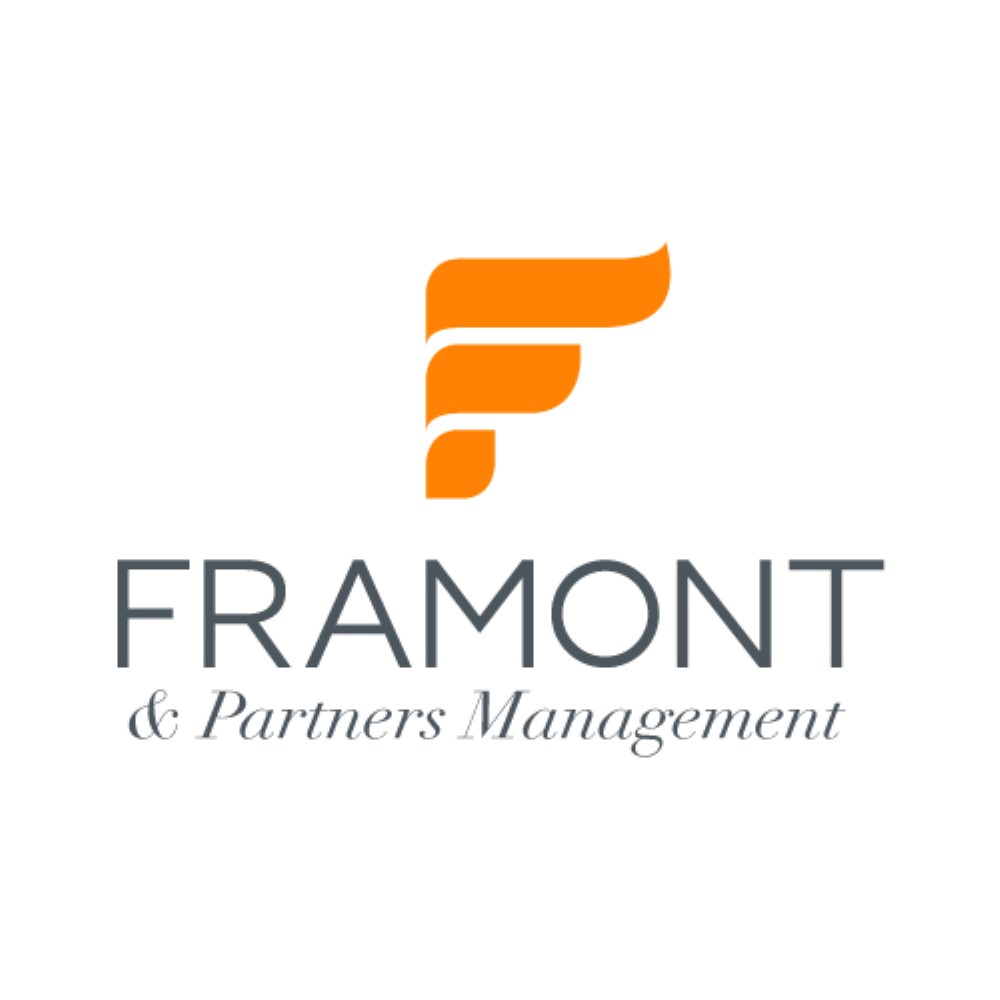As an expat in Italy, there are many challenges to setting up your new life, whether it’s finally getting your permesso di soggiorno or finding a suitable home. Amongst these many challenges, arranging your financial affairs often falls down the pecking order. However, financial stability has been shown as a key component to our overall wellbeing – in order to successfully establish a new life in Italy, it is important to assure your affairs are in order.
For many of us, the financial and legal systems in Italy differ greatly from our home country. As a result, it is important to work with a commercialista (Italian accountant) and financial advisor that can explain how to maximize your opportunities for tax savings and efficient financial planning. This is particularly important if you are an American citizen or US green card holder since you are also liable to file a US tax return. Framont & Partners is an Italian financial advice and investment management firm that specializes in dealing with expats and specifically with US connected people living in Italy. Here are some of our top financial planning tips for life as an expat in Italy:

Make Sure you are Aware of your Tax Filing Obligations
Italy taxes its residents on their worldwide income. As a result, any foreign assets need to be declared in the RW section of your tax return. This includes property holdings, foreign pensions like an American 401k or IRA or a British Self Invested Personal Pension (SIPP), and many types of trusts. A failure to declare these assets could lead to significant penalties. There are specific taxes that apply to foreign portfolios or property holdings, and these must be considered when looking at the tax efficiency of your life in Italy.
If you are American or a US green card holder, you are liable to file taxes to the US regardless of where you live in the world. The United States is one of only two countries in the world that taxes its citizens based on their citizenship instead of their residence. As a result, your tax efficiency needs to be maximized for both the US and Italian tax systems. This is a particular challenge that usually requires specialist advice.
Ensure your American Investments are Tax Efficient
If you are an American expat, it is important to ensure your investment portfolio is tax efficient for both the US and Italian systems. Most European and Italian investment funds are considered Passive Foreign Investment Companies (PFICs) by the IRS. The American treatment of these PFICs is penal and as a result, most, if not all, US connected people would do well to avoid these. Instead, they should invest in US domiciled investments. This means that US citizens and green card holders should be seeking specialist advice rather than investing with their local Italian bank or the post office.
However, most American mutual funds and Exchange Traded Funds are considered ‘non harmonized’ according to the Italian tax code. This means that capital gains on them are taxed at your income tax rate rather than the capital gains tax rate. This is similar to the American short term capital gains tax treatment. It can mean a significantly higher tax bill for some investment portfolios. Depending on your income situation, portfolio size, and residency situation, a different style of portfolio construction could lower your Italian tax burden.

Use Double Taxation Agreements and Totalization Agreements to Your Advantage
Italy has double taxation agreements and totalization (Social Security/National Insurance) agreements with many countries throughout the world. These agreements are designed to help people avoid paying tax on the same income/transaction in two separate countries. It is important to work with a commercialista in Italy and accountant in your home country that is aware of how to utilize these agreements. A good financial advisor can also help to ensure that your accountants are all on the same page and working in unison towards maximizing your tax efficiency.
Americans in Italy also have a unique opportunity to minimize their tax liabilities using the Totalization agreement between Italy and the US. Depending on your employment status and your employer, you may be able to continue paying into the US Social Security system at a lower tax rate, which can not only lower your overall tax burden, but also help plan for a more fruitful retirement.
Be Aware of the Limitations of your Existing Savings Plans
Many of our home countries have targeted savings plans that provide significant tax benefits when used correctly. In the US, this could be a Roth IRA or a college 529 plan, while in the UK this could be an ISA or a National Savings & Investments product. It is important to recognize that while these products may be useful to build a nest egg at home, they are generally not as tax efficient in Italy. Instead, Italy has its own savings plans and structures that can be used to great effect here. As a result, it is important to review your financial planning with an advisor to ensure that your savings plans are appropriate to reach your financial goals while living in Italy.
Good financial planning should serve as a springboard allowing you to live your ideal life in Italy without added financial stress. We regularly work with expats and specialist advisors (lawyers, commercialistas, British and American accountants) to help craft tailored financial plans to suit each client’s specific situation. Contact us to book a free consultation to identify how you can put the financial planning tips we have highlighted in place.

Framont & Partners Management is an Italian and Maltese investment advisory and financial planning firm. With offices and professionals throughout Italy, they work with a diverse range of Italian and foreign clients. Their core competencies include bespoke services for American clients, financial planning for Italian tax efficiency, and discretionary portfolio management.
To get in touch for a free consultation, please email alexander.ingrim@framontmanagement.com or visit our websites for further information.






